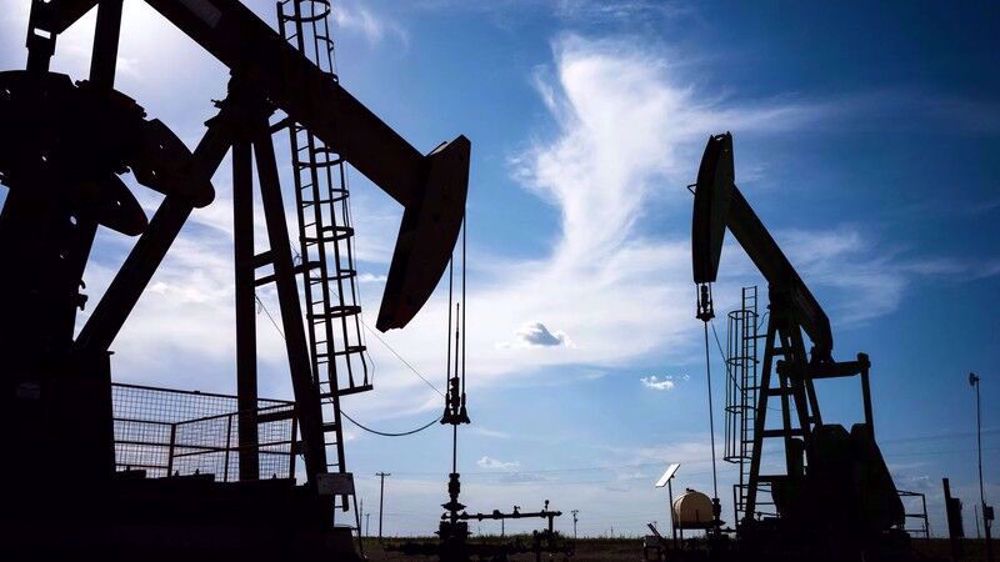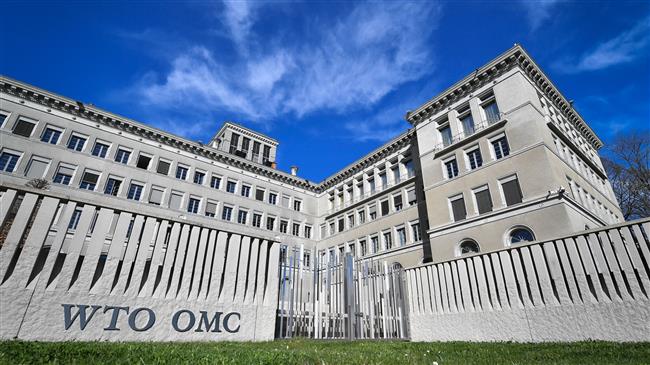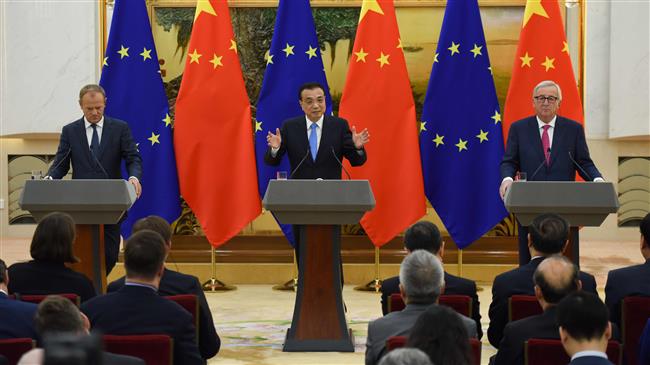IMF warns trade tensions could harm global growth
The International Monetary Fund (IMF) has warned that increasing trade tensions in the world could harm the global economic growth.
The IMF said in its World Economic Outlook (WEO) report released on Monday that despite a solid pace of growth expected for this year and the next, worsening trade confrontations between major economic powers could negatively impact the prospects for the global growth.
The report sharply downgraded growth estimates for Germany, France and Japan, but insisted that the global rate would stand on 3.9 percent for this year and the next.
IMF Chief Economist Maurice Obstfeld said, however, that introduction of tariffs on tens of billions of dollars in exports by countries like the US and China, which has led to unprecedented tensions between them, would damage the global economy in future.
“The risk that current trade tensions escalate further -- with adverse effects on confidence, asset prices, and investment -- is the greatest near-term threat to global growth,” said Obstfeld.

A decision by US President Donald Trump in March to announce tariffs on imports of steel and aluminum sparked unprecedented reactions from China, the EU, Mexico and allies like Canada. Trump has also threatened to slap China and the EU with more tariffs, a move that could trigger serious reactions from other countries.
The WEO warned that if the US and China, as well as other major economies, went ahead with their threats to impose more tariffs on imports, the global economic growth rate could experience a half-point cut by 2020.
It said that investment and trade could be directly affected by increasing tensions in relations between major economic powers.
“An escalation of trade tensions could undermine business and financial market sentiment, denting investment and trade,” said the IMF report, adding that “higher trade barriers would make tradable goods less affordable, disrupt global supply chains, and slow the spread of new technologies, thus lowering productivity.”
Obstfeld said in a statement that there was even more risk of worse outcomes due to the fact that growth has “plateaued” in the second year of the global recovery.
Latest ballots polls show Harris, Trump tied as voting continues
UNRWA warns of humanitarian collapse in Gaza
'Hello my enemies': Lebanese journalist on Israeli threats and his resolve to continue
Outrage in France as MP proposes bill to ban criticism of Israel
VIDEO | The strategy of Hezbollah in war
Israeli military withdraws several brigades from southern Lebanon: Report
48-year-old Palestinian man serving 48 life terms completes 22 years in Israeli jails
From MKO to Tondar, how Germany became safe haven for anti-Iran terror groups













 This makes it easy to access the Press TV website
This makes it easy to access the Press TV website